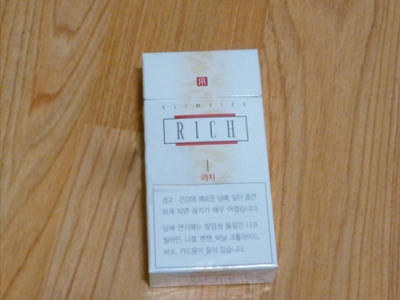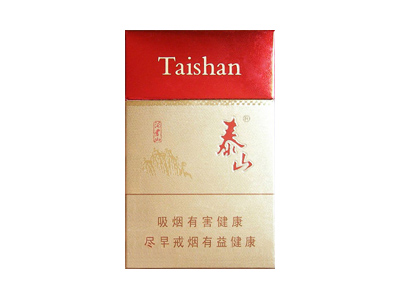Article Title: Unraveling the Mystery: What Does Cigarette Contract Manufacturing Mean?
Introduction
In the vast and complex world of tobacco products, understanding the intricacies of the manufacturing process is key to grasping the industry's dynamics. One concept that often sparks curiosity is cigarette contract manufacturing. This article aims to demystify the term, exploring its meaning, benefits, and implications for both the industry and consumers. By the end, you'll have a comprehensive understanding of what cigarette contract manufacturing entails and its role in shaping the landscape of tobacco products.
What is Cigarette Contract Manufacturing?
Cigarette contract manufacturing, also known as contract packaging or contract manufacturing, is a business arrangement where a third-party company, known as a contract manufacturer, produces tobacco products on behalf of another company. This process allows for the production of tobacco products without the need for the company to invest in its own manufacturing facilities, equipment, or workforce. It is a cost-effective and flexible solution for companies looking to produce tobacco products without the upfront costs and complexities of setting up and maintaining their own manufacturing operations.
Benefits of Cigarette Contract Manufacturing
-
Cost Efficiency: By outsourcing production, companies can significantly reduce capital expenditures and operational costs. This model allows them to focus on core competencies, such as marketing, distribution, and branding, while leaving the manufacturing to experts in the field.
-
Flexibility: Contract manufacturing offers the flexibility to scale production up or down according to market demands. This adaptability is crucial in a volatile industry where consumer preferences and regulations can change rapidly.
-
Quality Control: Contract manufacturers often have state-of-the-art facilities and experienced staff, ensuring that products meet the highest standards of quality and consistency. This is particularly important in the tobacco industry, where product quality can significantly impact consumer perception and brand loyalty.
-
Expertise and Innovation: By leveraging the expertise of contract manufacturers, companies can benefit from the latest technologies and innovations in tobacco product manufacturing. This can lead to the development of new products and improved production processes.
Case Study: A Successful Collaboration
To illustrate the impact of cigarette contract manufacturing, consider the partnership between a leading tobacco company and a contract manufacturer. This collaboration allowed the company to quickly adapt to changing market demands, launch new products, and maintain a steady supply chain without the burden of extensive capital investment. The contract manufacturer's ability to handle the entire production process from sourcing raw materials to packaging and delivery ensured that the company could focus on its core competencies and grow its market share effectively.
FAQs
Q: What are the potential drawbacks of using cigarette contract manufacturing?
A: While contract manufacturing offers numerous benefits, it also presents some challenges. These include the potential for quality inconsistencies if not managed properly, the need to maintain close communication and oversight with the contract manufacturer, and the risk of intellectual property theft if proper agreements are not in place.
Q: Can a company benefit from using multiple contract manufacturers?
A: Yes, using multiple contract manufacturers can provide a company with greater flexibility, redundancy, and the ability to choose the best partner for each specific product or market segment. This strategy can also help in managing risks associated with a single supplier and in responding to changes in demand more effectively.

Conclusion
Cigarette contract manufacturing is a strategic approach that leverages the expertise and resources of third-party companies to produce tobacco products. It offers significant advantages in terms of cost, flexibility, and quality control, making it an attractive option for companies looking to navigate the complexities of the tobacco industry. As the industry evolves, the role of contract manufacturing is likely to remain a critical component in the production of tobacco products, shaping the future of the industry and influencing consumer choices.
User Review
"Working with a contract manufacturer has been a game-changer for our business. It not only saved us a significant amount of money but also allowed us to focus on what we do best—branding and marketing. The quality of our products has improved, and we've been able to scale our production to meet growing demand without the hassle of setting up our own factory."
Authoritative Source
According to industry experts, the use of cigarette contract manufacturing has become increasingly prevalent, particularly among smaller and medium-sized tobacco companies. This trend is expected to continue as companies seek to optimize their operations and maintain a competitive edge in the market.










